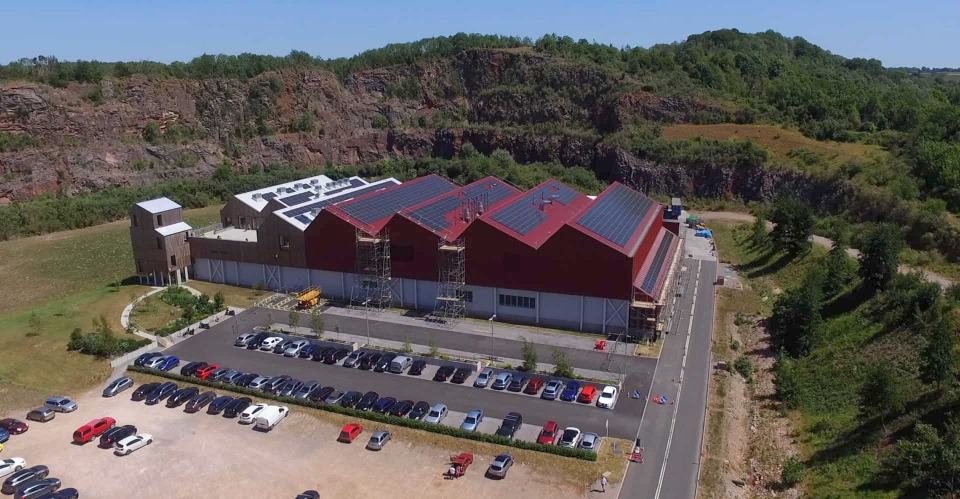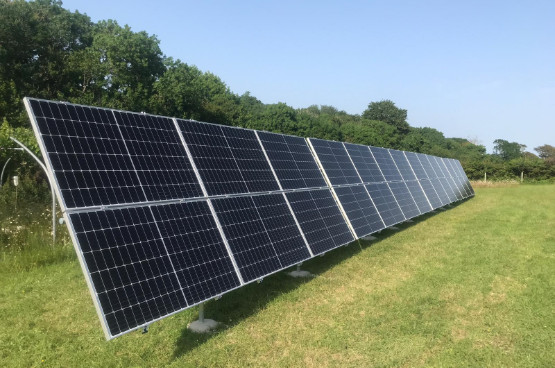Rooftop solar is still one of the best investments a business can make
SunGift founder Gabriel Wondrausch has spoken out about today’s Feed-in Tariff announcement, asserting that – despite the government seemingly making things more difficult for installers – businesses will continue to choose solar rooftop schemes.
“It’s disappointing that the government is removing pre-accreditation from the Feed-in Tariff scheme, particularly as it has been actively promoting rooftop solar over the past year (even removing the need for planning permission for schemes up 1MW). However, this doesn’t alter the fact that solar is one of the best investment decisions a business can make. It remains a reliable, predictable form of energy, helping businesses reduce their energy bills and hugely reducing their reliance on the big energy companies.
“Proposals to design and install solar PV systems include every aspect of a scheme in great detail, and knowing the correct Feed-in-Tariff rate their system will receive is essential for the businesses we install for to make an investment decision. The government’s proposals announced today would unfortunately remove some of that certainty, which could stop some projects going ahead.
“Many of the solar PV systems that we have installed over the years have been on the roofs of UK businesses, particularly in energy intensive sectors like manufacturing, engineering and food and drink production, who are looking to reduce their energy bills as well as their environmental impact. Many of these companies have looked to reinvest the income and savings from their PV systems in their businesses, creating new jobs and improving productivity. It would be a great pity if the government was to introduce changes that would make these projects less likely to go ahead, as their proposed changes currently stand to do, particularly on larger rooftop systems.”
Deploying solar more quickly
“It means that business like ours will have to deploy even more quickly, reducing our installation schedules – particularly for larger schemes – in order to move from initial survey to commissioned installation in record-breaking time. We will do our best to try and remove as much of the uncertainty for customers as we can.
Commenting on what the government called the ‘impact of the measures proposed’, Gabriel was perplexed by not only the lack of a sensible strategy but also a clear acknowledgement from the government that it ‘has not attempted to estimate the likely impact of this change on deployment and therefore on potential savings’.
“It seems ludicrous that the government has not carried out detailed modelling to assess whether or not the new measures will have a negative effect on deployment,” added Gabriel. “The government seems happy to meddle with existing successful policy without explaining the benefits of its actions. The question has to be ‘Why on earth would it do this?’”
In today’s announcement the government also stated that detail about Feed-in Tariff cost control measures will be revealed “later in 2015”.
Gabriel said: “It’s encouraging that there are no further changes to the Feed-in Tariff at present, but the lack of an announcement only causes further uncertainty. Time and again the solar industry has asked the government for clear guidelines so that we are able to plan more effectively. I hope this is something they take on board over the summer months.”

 Solar PV Contractor of the Year 2024
Solar PV Contractor of the Year 2024
